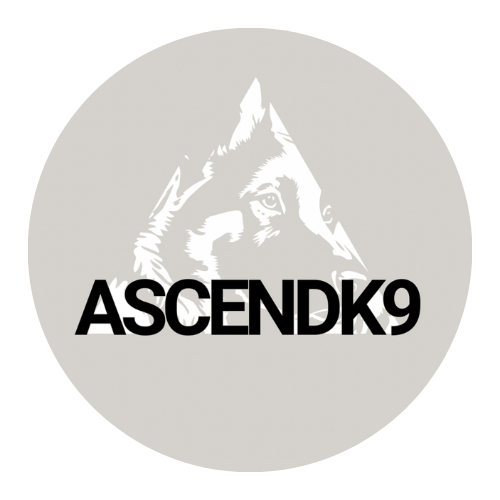When to Start Puppy Training - Setting Your Dog Up for Success
One of the most common questions I hear is: “When should I start training my puppy?”
The short answer: as soon as you bring them home - which is typically around 8 weeks of age!
At this stage, puppies are incredibly open to learning and forming positive associations. The earlier you start, the easier it is to prevent unwanted behaviours before they become habits.
Research from the American Veterinary Society of Animal Behaviour (AVSAB) shows that early training and socialisation during the first 12-16 weeks of life is critical for a dog’s lifelong confidence and adaptability.
Why Early Puppy Training Matters
Training your puppy from the start helps:
Build confidence in new environments
Strengthen the bond between you and your dog
Prevent problem behaviours like jumping, pulling, or barking
Establish clear communication through cues and markers
Teach life skills such as recall, focus, and calm settling
If you wait too long, your puppy may already have rehearsed undesirable behaviours… making them harder to change.
What to Teach First
For puppies under 16 weeks, focus on foundational life skills rather than rigid obedience:
Name recognition - teaching them to respond happily when called
Engagement - rewarding attention on you around distractions
Handling & grooming - introducing nail trimming, ear checks, and brushing positively
Crate training - building a safe, calm space they enjoy resting in
Loose lead walking - rewarding calm walking from the beginning
These basics lay the groundwork for everything that follows.
Socialisation Done Right
Many people assume puppy socialisation means letting them play with every dog they meet. In reality, quality over quantity is key. Overwhelming your puppy with chaotic “free-for-all” play can cause over-excitement, anxiety, or even reactivity later in life.
At ASCENDK9, we integrate puppies into mixed-age group classes rather than puppy-only sessions for this reason. Mixed age classes allows younger dogs to learn from calm, well-trained role models while developing neutrality around other dogs. You can read more about this approach in our blog post: Why Puppy-Only Classes Aren’t Always the Best Option.
Tips For Starting Puppy Training at Home
Reward the good - capture calm and polite behaviours before your puppy rehearses bad ones.
Short, fun sessions - keep training to 2–3 minutes at a time for young pups.
Expose them gradually - introduce new sights, sounds, and surfaces in a positive way.
Set up routines - predictable feeding, toileting, and rest times help reduce anxiety.
Avoid overwhelm - protect them from negative experiences during their critical learning phase.
How a Dog Trainer Can Help
An experienced trainer can guide you through:
Early socialisation plans tailored to your puppy’s temperament
Confidence-building exercises in safe environments
Obedience foundations to prevent common problems
Owner education to ensure training is consistent and clear
At ASCENDK9, our RISE:BASE group obedience class is fully tailored each week to suit all levels - whether you have an 11-week-old puppy or an older rescue dog! We focus on real-life skills like calmness in public, recall, lead manners, and neutrality around other dogs.
Final Thoughts
If you’ve been wondering when to start puppy training, the answer is now. Early, positive training sets your dog up for a lifetime of success and prevents a whole host of future challenges.
You can explore our group classes and private training options to get started - or check out more free resources like this, for more tips.
External References:

